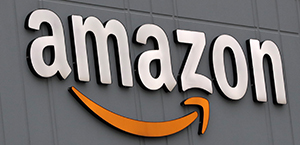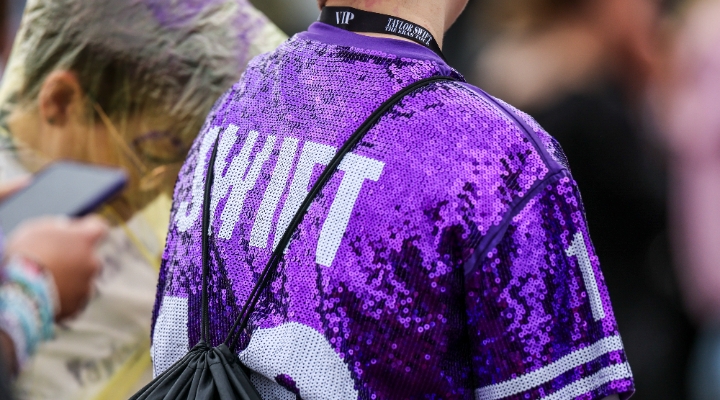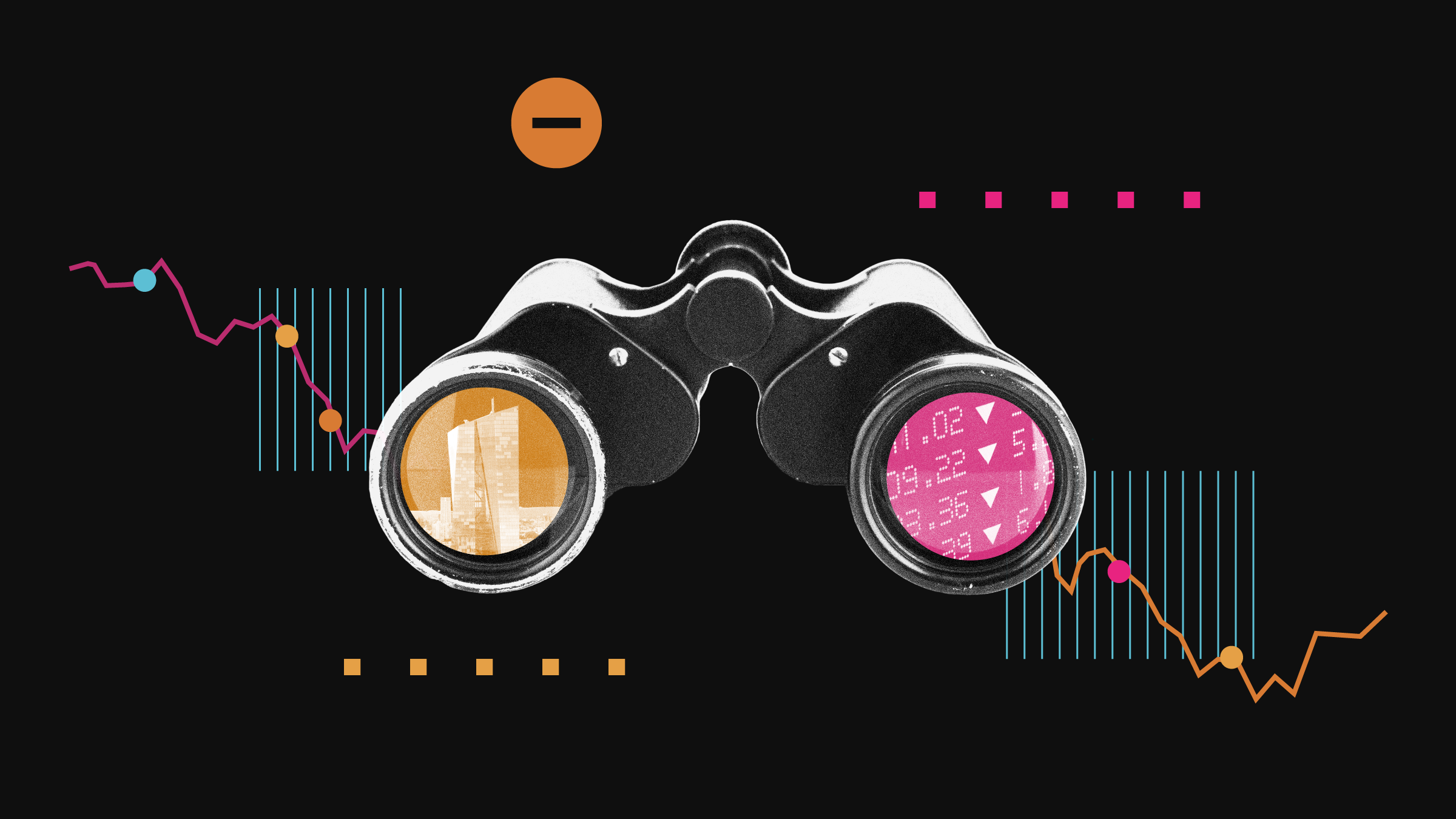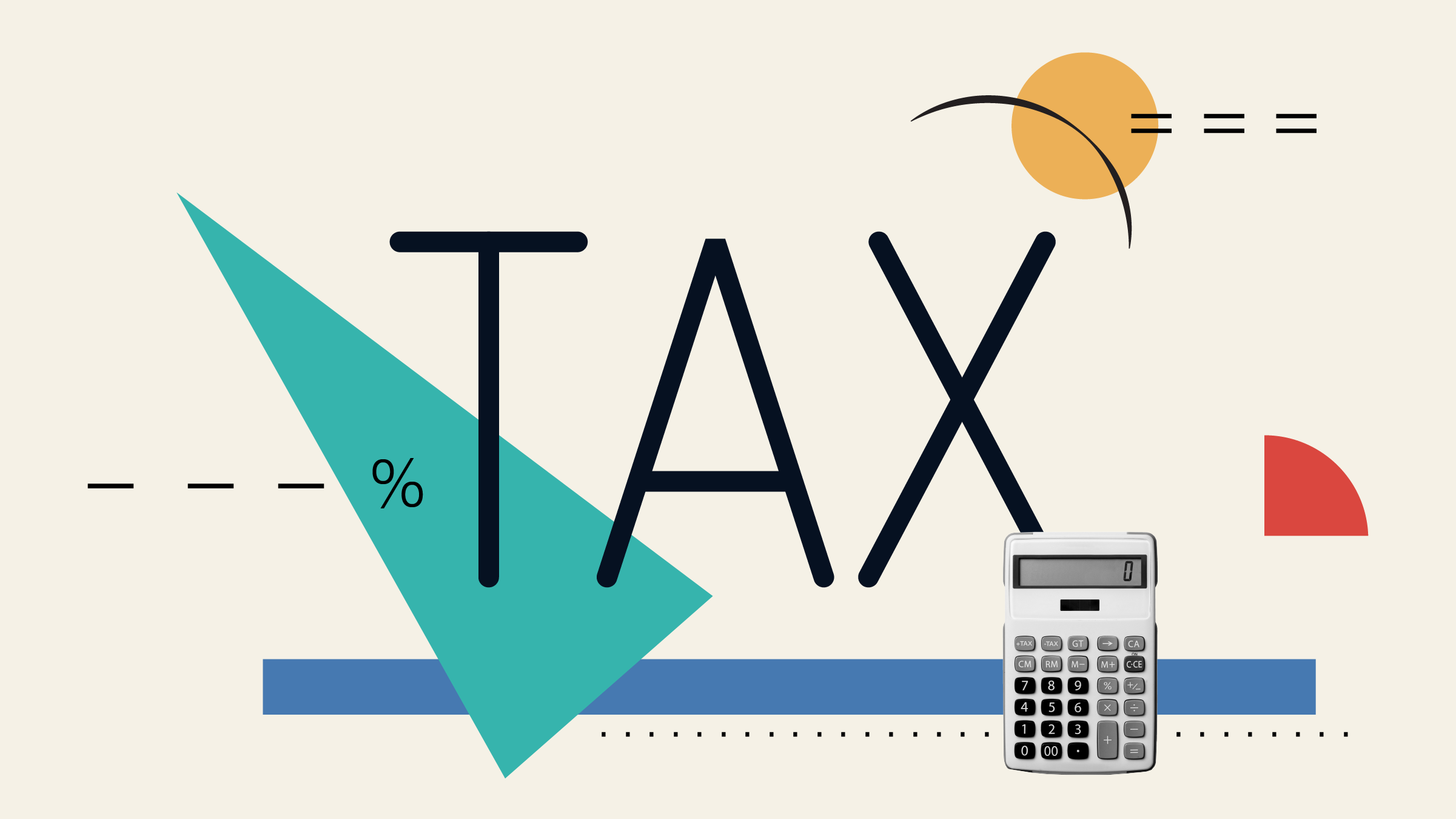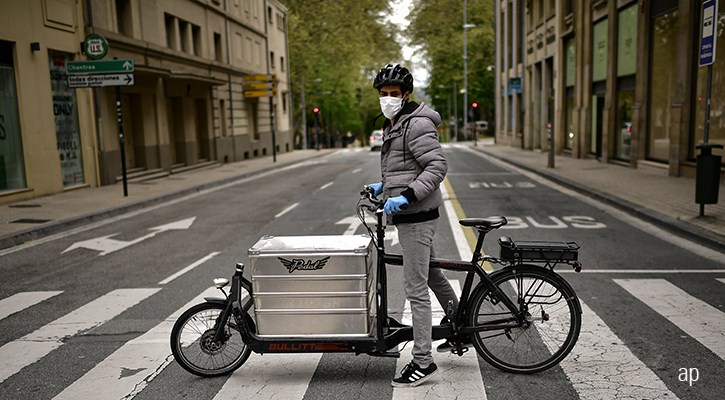
The lockdown measures which have forced people to stay indoors for months are finally starting to ease. Shops have finally re-opened their doors, pubs may soon be open for business and things are slowly going back to “normal”.
While lockdown has hit many businesses hard, the easing of these measures should help many firms get back on track. Some stocks have benefited from social distancing, but here we look at four stocks that could prosper in the next "unlocking" phase and are currently trading below their fair value:
Toyota Motor Corp (TYT)
Japanese car manufacturer Toyota was the world's second largest car manufacturer by revenue in 2019, after Volkswagen. The group, whose brands include Toyota, Lexus, Daihatsu and Hino, has a huge market share in Japan of around 46%, as well as nearly 14% of the US market.
The autos sector has felt acutely the effects of the Covid-19 pandemic this year, with car showrooms shut and factories stood idle, causing new cars sales to plummet. But now the auto industry is slowly shuddering back to life and factories are resuming their operations.
According to Ray Hammond, a futurologist commissioned by Allianz Partners, when global travel resumes it is likely that tourists’ tastes and preferences will have changed - and this could benefit the autos sector. "In the short term, there will probably be an increase in car-based domestic tourism at the expense of international travel," he says. "Nervous travellers will choose to explore their home nations knowing they can return home easily if another viral outbreak occurs."
Morningstar analyst Ivan Su adds that as people continue to shun public transport, they could be more inclined to purchase a new vehicle. Toyota is four star-rated and trades at a 11% discount, according to Morningstar Direct.
Hostelworld (HSW)
Hostelworld is the world’s leading hostel-focused online booking platform, operating in nineteen different languages with markets across Europe, the Americas, Asia, Africa and Oceania.
Amid coronavirus lockdowns and travel bans, the company has suffered an enormous reduction in bookings. Indeed, the outbreak cost the company €5 million during the first quarter of the year alone, prompting it to cancel its final dividend payment.
However, overall, the company is not in a bad shape; it has more than €20 million of available cash and no debt obligations. Morningstar analysts say the shares are currently trading at a 31% discount to their fair value.
And the outook for the company could be about to change as tourism hotspots such as France and Italy start to open their borders and abolish 14-day self-quarantine rules for those travelling into the country.
However, Hammonds advises caution: "Travel and tourism will certainly re-start but, for the next few years, it may be a hesitant resumption," he says. "Leisure travellers will be worried about a possible return of Covid-19 or a new type of viral outbreak."
Gym Group (GYM)
Gym Group provides low cost, 24/7 health and fitness facilities across the UK. The company offers flexible no-contract gym memberships and ensures that all its sites have easy-access parking or are close to transportation hubs.
But the company had to pause its expansion plans to retain cash as member numbers dropped off in the midst of the pandemic. UK gyms are still not allowed to open under current rules.
But the long-term prospects for the business may still be in tact once lockdown measures ease. Last year the company opened 20 new sites in the UK, boosting its membership numbers 9.7% by the end of 2019.
The company is currently undervalued at a 22% discount, but one lockdown trend which could impact its recovery is that many fitness enthusiasts have installed gym equipment in their homes and started to attend online classes. If people remain wary of public spaces and continue to exercise at home that will impact fitness chains such as Gym Group.
Ryanair (RYA)
Few sectors have been disrupted as much as air travel in recent months. Ryanair, a low-fare airline operator serving short-haul routes mainly in Europe, has been grounded since mid-March due to the coronavirus pandemic.
But Hammond thinks short-haul and domestic air travel will begin to recover first as commuter, business and leisure travel resumes. Indeed, Ryanair has recently announced plans to resume 40% of flights from July, just in time for the summer season.
Morningstar analyst Joachim Kotze agrees that short haul travel will recover first, but warns that many would-be holidaymakers still won't feel comfortable travelling for some time to come. He says: "The recovery is going to be two-pronged. It's going to be a split between the willingness and the ability of consumers to travel. Especially in the older part of the population, many people will be hesitant to travel."
Ryanair is currently trading at a 7% discount, however Hammond points out that Covid-19 has been a real turning point for the travel industry: "Airplanes stayed grounded, train services reduced, cruise ships could not dock because of infected passengers and restaurants and hotels had to close because of sanitary measures. The post-pandemic period will open a new era of precaution with less spontaneity and more protection against viruses.”










